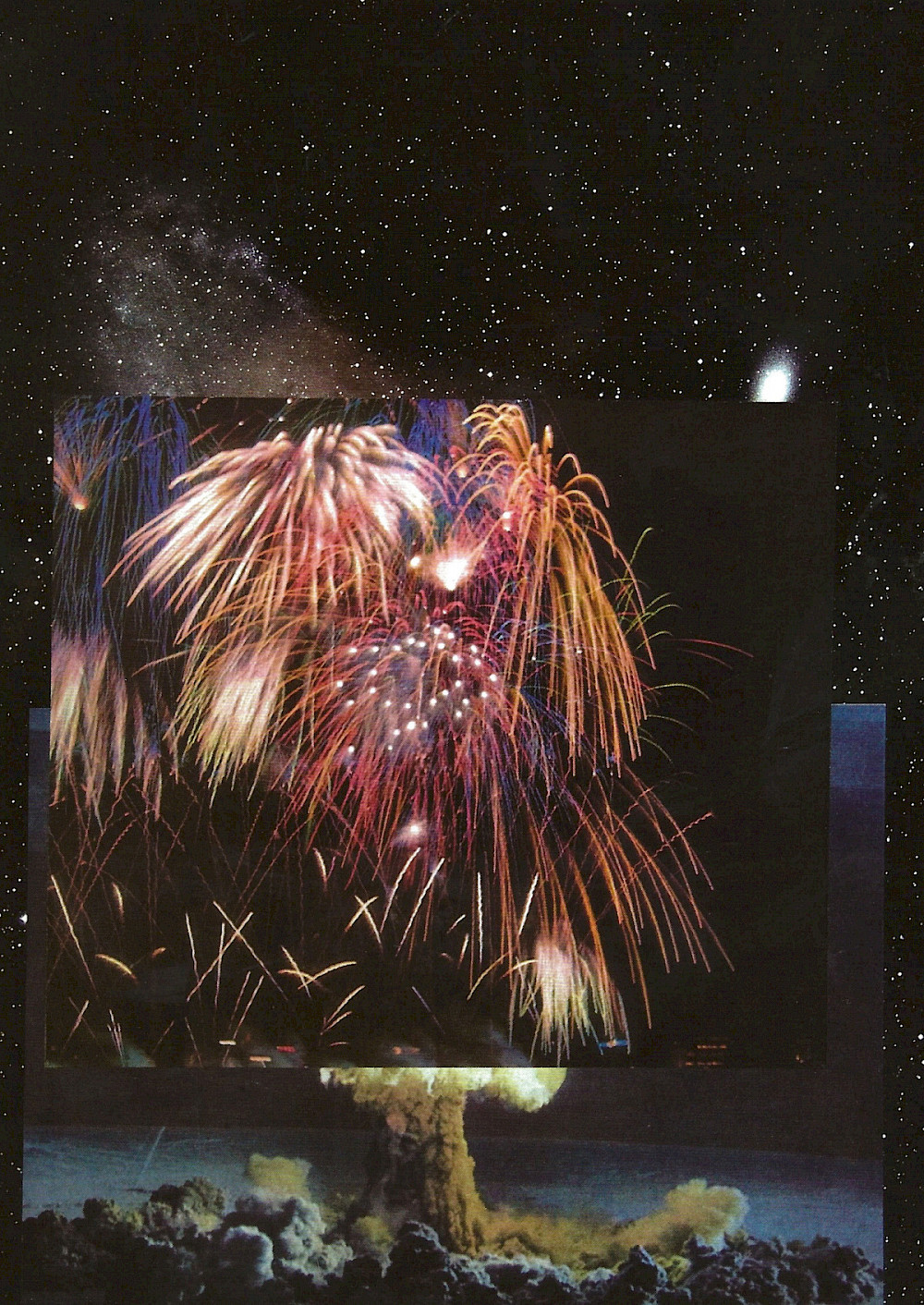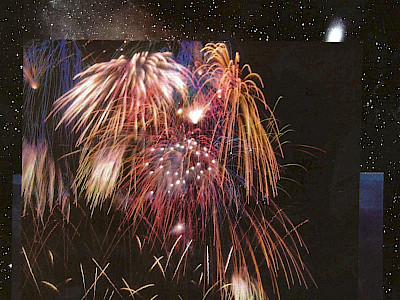17 — 20.05.2013
Engaged in the society around him, Bruno Beltrão is an artist with the gift of making reality abstract and abstraction concrete. With his Grupo de Rua founded in Niterói in 1996, he deconstructs hip hop dance, an urban form primarily based on individual virtuosity, in order to compose collective choreographies suited to the theatrical space. Linking together minimalist solos and tumultuous group sequences, his shows H2 and H3 certainly made an impression. Five years on and the Kunstenfestivaldesarts marks the start of his long-awaited return to the international stage. CRACKz is dedicated to the processes of cultural dissemination, appropriation and modulation generated by information technologies. Without aesthetical presumptions, Beltrão has asked his dancers to select choreographic material found on the internet. Starting from this “repertoire of gestures created by mankind”, he has developed a piece without homeland, a nomadic experiment through movement. Definitely not to be missed!
Portrait of the Brazilian choreographer Bruno Beltrão, from the suburbs to Brussels. Streetwise in the temple of culture
With Bruno Beltrão, the Kunstenfestivaldesarts brings a smidgen of hip hop from Brazil to Brussels. Or, how the European capital can still learn from a streetwise man in the street.
It is not always professors who are absentminded. The Brazilian dancer and choreographer Bruno Beltrão does not like live interviews because he cannot concentrate. So he prefers to answer questions by email. Which he then forgets. "Sorry. I forgot." So much for the interview with Bruno Beltrão. But it says something about the man. Beltrão (34) is not the type to lavishly sprinkle words around or attach importance to whatever essayistic excess has been published about his work. The legitimacy for his choreographies does not come from what appears on paper, but - literally - from the man in the street. And that has everything to do with the nature of his choreographies.
From suburbs to stage
Beltrão's trail begins in the suburbs of Rio de Janeiro. He started dancing intensively at the age of thirteen and stole using his eyes, in the hope of finding his own style: he studied, watched video clips, and observed how people around him moved in daily life. And with success: today his language of movement is influenced by different urban dances, of which hip hop is the most important. But he was equally influenced by American pop culture and daily activities. Beltrão learned young that if you want to reach a certain point, you have to have a clear plan to bridge the distance between you and your goal. In his case, that was translated into his own dance company, Grupo de Rua de Niterói, which he founded with his childhood friend Rodrigo Bernardi. Beltrão was barely sixteen-years-old. They would perform at festivals and even on national television. Beltrão brought the street into the fanciest homes. In 2000, he eventually enrolled at the University of Rio de Janeiro to study art history and philosophy. What the street showed him and what the books taught him would eventually become the basis of his personal language of movement.
Translation
What in the 1980s and 90s began in the suburbs of Rio de Janeiro today extends to just about every major city in the world: Beltrão and his Grupo de Rua have performed in more than 30 countries. With his performance H3, he won a Bessie Award in 2010. And he features in internationally published articles with titles like 'Intellectual Hip Hop' and 'The reinvention of breakdance'. Despite all those valuable words, things have remained silent in recent years concerning Bruno Beltrão. His last performance, H3, dates from 2008. But the time has been needed to further deepen his style, as he is consistent in his vision. "I believe there is only one choice", he once said, "and that is to translate things. Because as soon as information moves from one place to another, it's altered. In other words, there is nothing in this world that is not translated or transformed. And that happens every time I create something that builds on the basics of hip hop: it is inevitable that I interpret and translate. So if that transformation has no choice but to be an inevitable occurrence, then I prefer to play the game. And, over and again, to look for that one dance move that we do not yet know today. Because we choreograph in order to learn, not to teach."
CRACKz
In Beltrão's new dance, CRACKz (Dança Morta) (Dancing Dead), which plays next week at the Théâtre National, he combines the language, gestures, and rituals of the street with the (unwritten) codes of contemporary dance. Breakdance moves such as breaking and popping & locking, are juxtaposed alongside typical movements from the martial arts dance, capoeira. He often starts from improvisation or just from a conceptual, contemporary approach. This provides that in Beltrão's work several elements that are usually rigidly separated from each other explicitly come together: contemporary and classic; different nationalities, classes and styles, high and low; artistically inside the black box, yet socially conscious. Beltrão is perhaps the best proof that dance is one of the most democratic art forms. "I do not know the difference between understanding and imagining," as he says (in an interview that he did not forget). Streetwise now has a face.
Sarah Vankersschaever
Translated from the article that appeared in De Standaard on 12 May 2013
A project by
Bruno Beltrão & Grupo de Rua
Direction assistant
Ugo Alexandre
Performed by
Bárbara Lima, Bruno Duarte, Cleidson Almeida, Jonathan Canito, Joseph Antonio, Luiz Carlos Gadelha, Leonardo Galvão, Leonardo Laureano, Leandro Rodrigues, Ronielson Araujo 'Kapu', Samuel Lima, Sid Souza, Thiago Lacerda
Physiotherapist
Dyanne Magalhães
Philosophy
Charles Feitosa
Cook
Vanessa Almeida
Presentation
Kunstenfestivaldesarts, Théâtre National de la Communauté française
Production
Grupo de Rua (Niterói)
Co-production
Kunstenfestivaldesarts (Brussels), Wexner Center for the Arts (Ohio), Wiener Festwochen (Wien), Ruhrtriennale & PACT Zollverein (Essen), Holland Festival (Amsterdam), Festival d'Automne à Paris, Théâtre de la Ville (Paris), Hellerau (Dresden), Kampnagel (Hamburg)
Grupo de Rua is supported by
PETROBRAS - Petroleo Brasileiro


